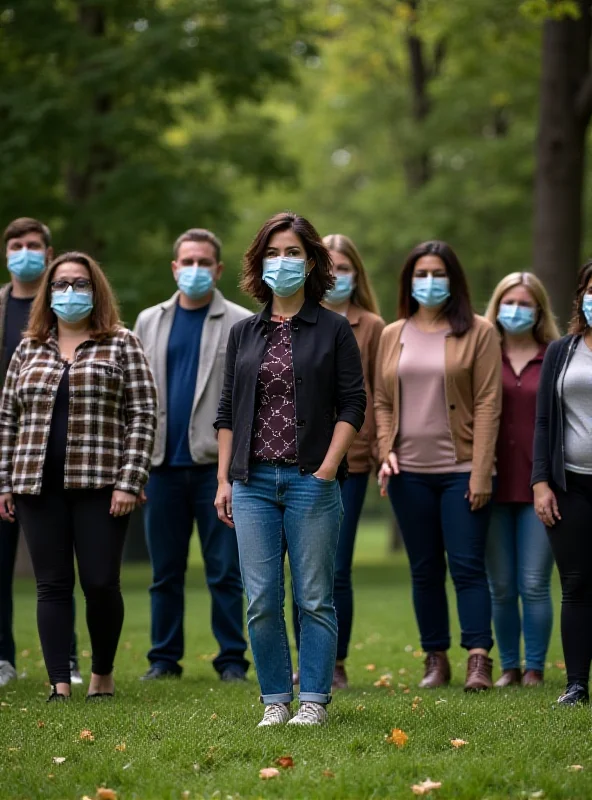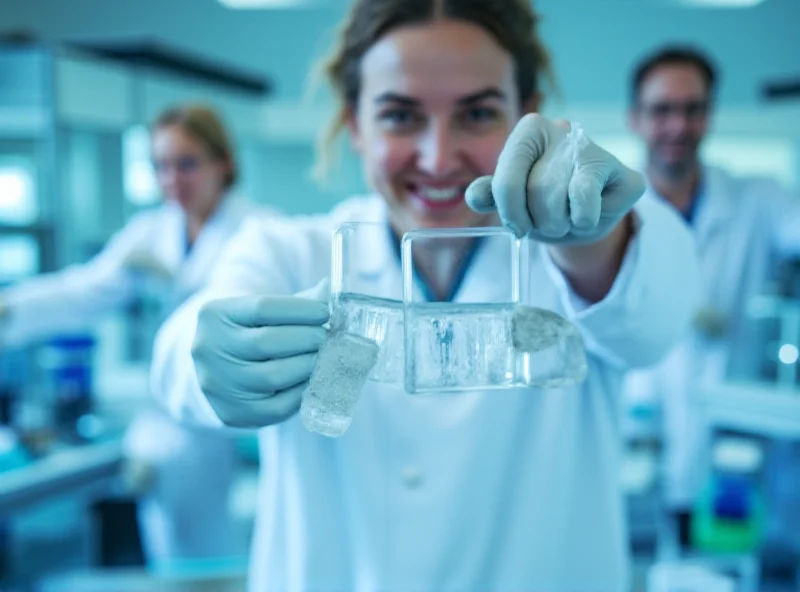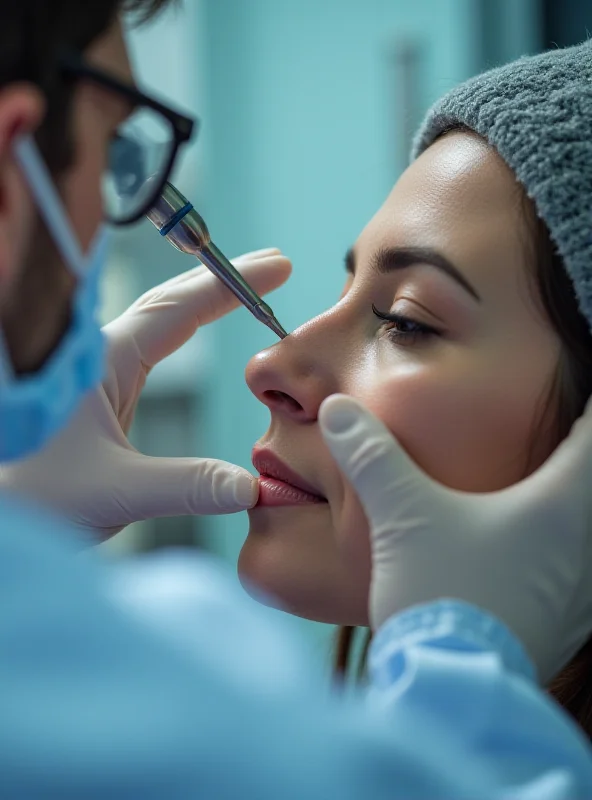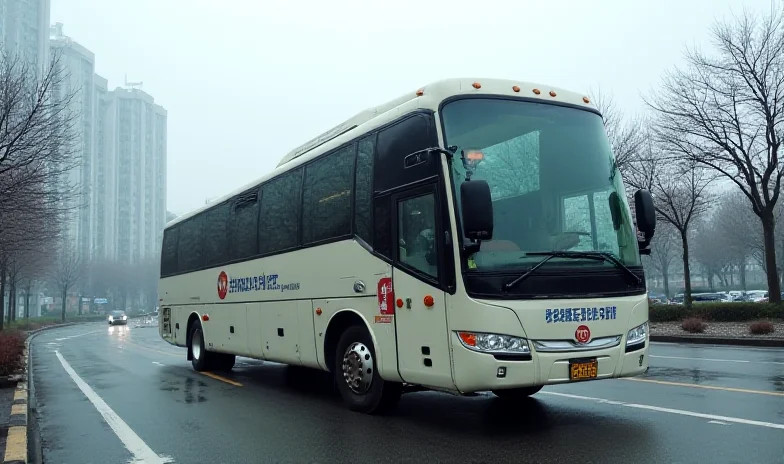The COVID-19 pandemic has left an undeniable mark on society, impacting everything from our daily routines to advancements in medical technology. While the acute phase of the crisis may have subsided, its ripple effects continue to be felt, revealing both the challenges and the resilience of humanity.
A Driver's Perspective
One poignant example of the pandemic's impact comes from Wuhan, the epicenter of the initial outbreak. A coach driver, whose image became synonymous with the COVID-19 crisis, shared their personal experience. Despite the controversy surrounding the role of these drivers during the height of the pandemic, this individual expressed a profound willingness to repeat their service.  This willingness speaks volumes about the dedication and sense of duty exhibited by many frontline workers during an unprecedented time.
This willingness speaks volumes about the dedication and sense of duty exhibited by many frontline workers during an unprecedented time.
“It was a difficult time for everyone," the driver reportedly said. "But knowing I was helping to keep people safe made it all worthwhile.”
Unveiling Inequities
Beyond individual stories, the pandemic also illuminated existing societal inequalities. A critical examination of systemic classifications revealed how racial discrimination influenced health outcomes across various communities. The pandemic acted as a stark reminder of the disparities that persist within healthcare systems and the urgent need for equitable access to resources and treatment.  These findings have sparked important conversations about addressing systemic biases and creating a more just and inclusive healthcare landscape.
These findings have sparked important conversations about addressing systemic biases and creating a more just and inclusive healthcare landscape.
Hope on the Horizon: Cancer Detection and Long COVID Treatment
Amidst the challenges, the pandemic also spurred innovation and accelerated the development of new technologies. British scientists have developed a "Covid-style" cancer test called 'WID-easy,' which utilizes similar technology to COVID-19 tests. This groundbreaking test has the potential to diagnose cancer before symptoms even appear, potentially reducing the need for invasive and unnecessary examinations.  This could revolutionize cancer screening and significantly improve patient outcomes.
This could revolutionize cancer screening and significantly improve patient outcomes.
Furthermore, advancements are being made in treating the lingering effects of COVID-19. Patients suffering from long COVID, who experienced a loss of smell and taste, have found relief through nasal surgery. This remarkable restoration of senses offers a glimmer of hope for those grappling with the long-term consequences of the virus. 
The COVID-19 pandemic has been a transformative event, exposing vulnerabilities and inspiring innovation. From the dedication of frontline workers to the development of cutting-edge medical technologies, the world continues to adapt and overcome the challenges presented by this global crisis.
